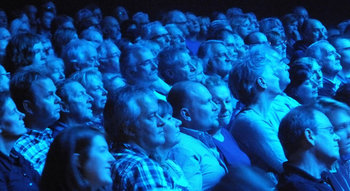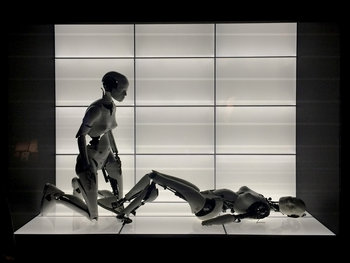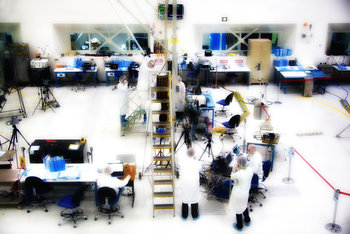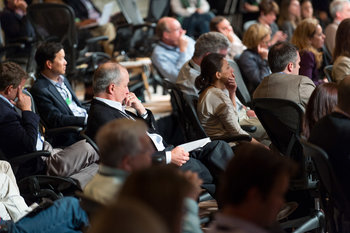
Human Heuristics
Humans commonly think in heuristics. Human thought can do impressive things such as considering grey areas and developing theories when information is missing. This type of thinking generally requires a heuristic approach. Heuristics are also designed to produce rapid thoughts that can be instantly used to respond to fast moving situations. For example, intuition is believed to be heuristic in nature.Computing Heuristics
In the early days of computing it was common to use true/false logic in areas such as algorithms and artificial intelligence. It quickly became obvious that this was hopelessly slow and static for many problem spaces. Modern computing often uses heuristics, particular in advanced artificial intelligence and algorithms.Heuristics & Biases
Heuristics are one source of biases. For example, the availability heuristic is a cognitive bias by which humans tend to rely on recent information far more than historical information. For example, if you witness two car accidents in a week you may start to believe that driving is dangerous, even if your historical experience suggests it's reasonably safe.Heuristics are practical but they often might be described as biases because they can lead to illogical results. As such, it can be said that algorithms and artificial intelligence that employ heuristics may develop a machine equivalent to cognitive biases.| Biases vs Heuristics | ||
Biases | Heuristics | |
Patterns of thought that produce illogical results. | Practical approaches to problem solving, calculation and interpretation that produce best guesses that aren't guaranteed to be correct. | |





























